Difference Between General Power of Attorney and Special Power of Attorney
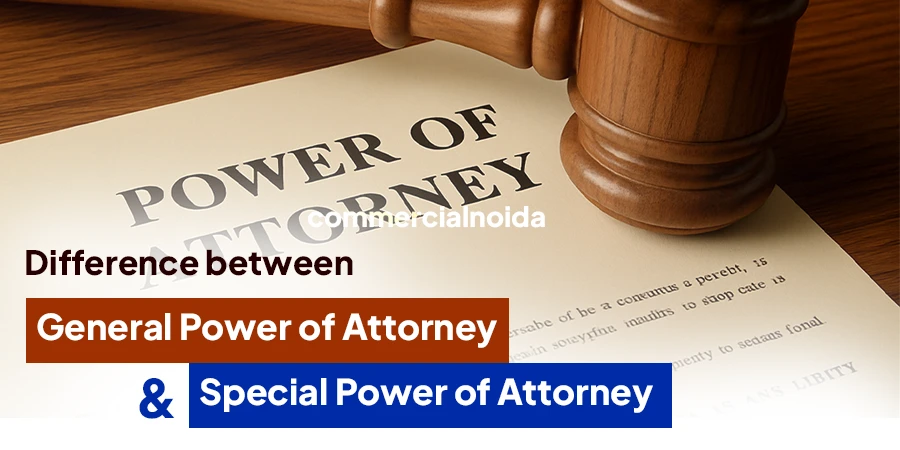
General vs Special Power of Attorney – Explained in Simple Terms
In real estate, when the owner of the property is not present or incapable of making decisions on their own, a Power of Attorney comes into play. It also has different types; however, in real estate, these two types are often used: General and Special Power of Attorney.
Although both have the same purpose—giving authority to someone to act on behalf of the owner—they serve different scopes. Today, in this blog, we will understand how these two types of attorneys work, their use cases, and their importance.
Difference Between GPA and SPA
A General Power of Attorney is used for giving someone broad authority to act on behalf of someone else. For example, the person holding the GPA can sell, rent, be involved in property transactions, or use the property as they wish.
But with a Special Power of Attorney, the authority is limited to a specific task—like signing on your behalf. Means, if the person only has the authority to sign, they can only sign or to rent your property, they can only rent it. If they are authorized just to use the property, they can only use it. This means the person can only perform the specific task they were given authority for in the SPA—nothing more.
In contrast, a GPA gives a person full authority to act as they wish. It’s like having veto power to act on somebody's behalf.
Advantages of General Power of Attorney
A GPA gives you the convenience of allowing someone to act on your behalf in all property-related matters—selling, renting, signing, registration, etc. This is useful when owners are not available or capable enough to handle such tasks.
It also gives the agent authority to handle legal matters. For example, if you are unable to appear in court, the agent can appear on your behalf. A GPA can be a great tool for people living abroad or those unable to handle property matters themselves.
Disadvantages of General Power of Attorney
As a General Power of Attorney grants someone full authority over your property and tasks, it also has drawbacks. The person may misuse the property—for example, renting it to someone undesirable. They may involve your property in matters you would never approve of, which can lead to legal challenges.
However, as per a Supreme Court ruling in 2011, a GPA cannot be used to transfer the title of the property, as it requires a valid sale deed. The GPA holder can act on your behalf during a sale, but the principal (real owner) must execute a separate sale deed. Only then can the property be legally sold.
Advantages of Special Power of Attorney
A Special Power of Attorney is better for one-time property transactions or executing a specific task. It has a lower risk of abuse than a GPA because it only grants authority for a defined action. For instance, if you're unavailable to sign a document, the authorized person can sign it—but they can't do anything else.
You can authorize someone to perform a specific task like renting, selling, leasing, etc., for a limited time. Once the task is completed, the SPA becomes invalid, so it offers better security in terms of authorization than a GPA.
While a GPA grants indefinite powers to an agent, an SPA provides specific, task-based authority—and becomes invalid once the task is completed.
Disadvantages of Special Power of Attorney
An SPA comes with lower risk of abuse but greater inconvenience. Since it provides limited authority, you may need to execute multiple documents for different tasks. In urgent situations, an SPA might be unsuitable because extending authority requires separate documentation.
The SPA could also face rejection due to its limited scope. If the authorizations are incomplete, it may be rejected during a transaction, and the principal will have to intervene. For someone living abroad or unable to handle such tasks regularly, an SPA could be more of a hurdle than a convenience.
Which one should you choose?
In real estate practice, a GPA is more popular and viable. The agent doesn't have to contact or bother you for every small thing, and in urgent matters, they can decide what’s best on your behalf. Due to its nature of granting broad authority over your property, a GPA can be a great tool if given to a trusted person.
However, if you are willing to bear some inconvenience in exchange for lower risk, then an SPA could be more suitable. But remember, an SPA requires more effort from the principal, while a GPA provides peace of mind when you're unavailable but still want smooth property transactions.
In both cases, your property is safe from being sold to fraudsters, as neither a GPA nor an SPA grants absolute power to sell the property without proper legal procedures.



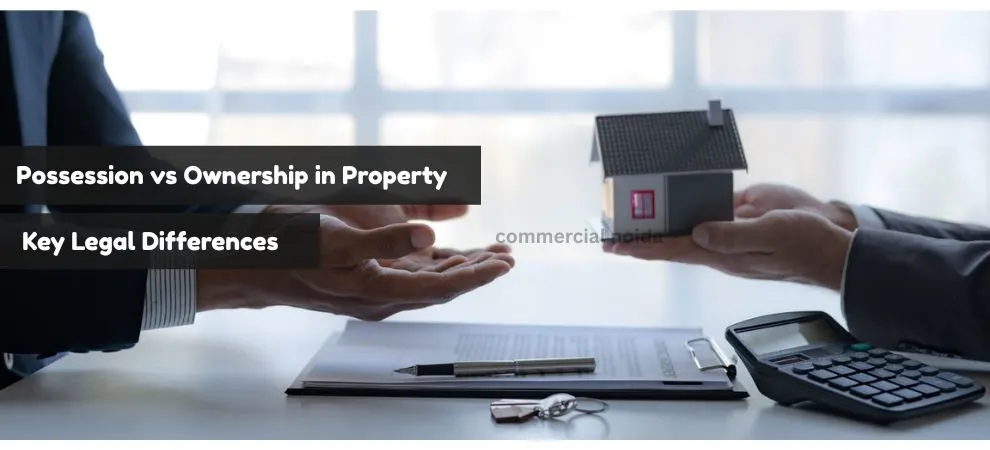

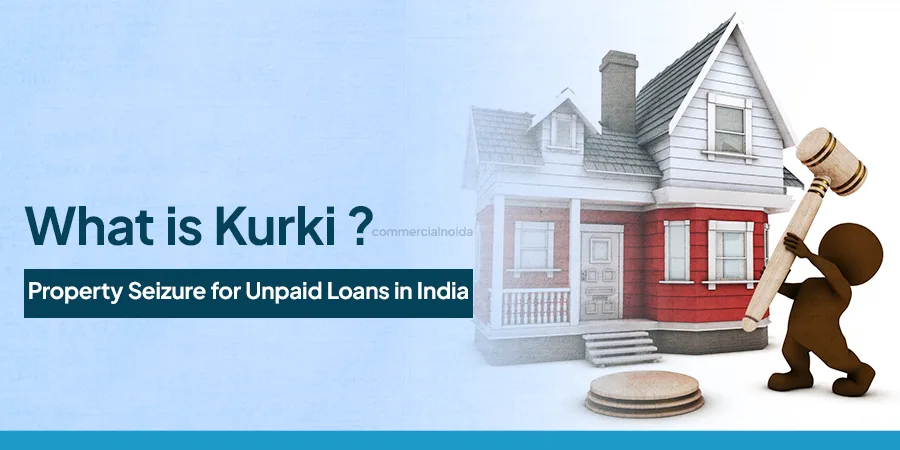












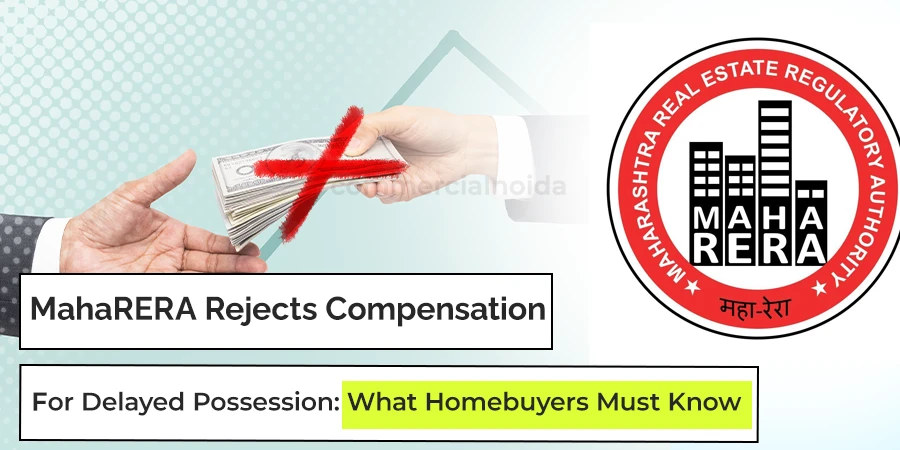


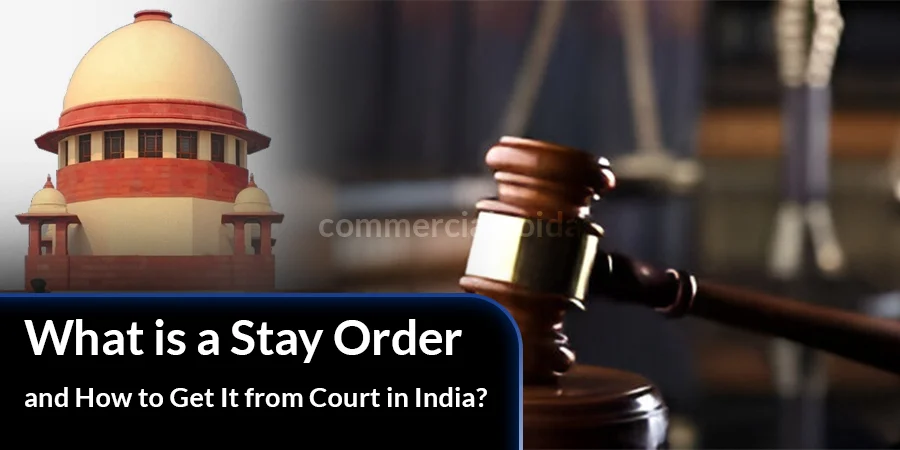


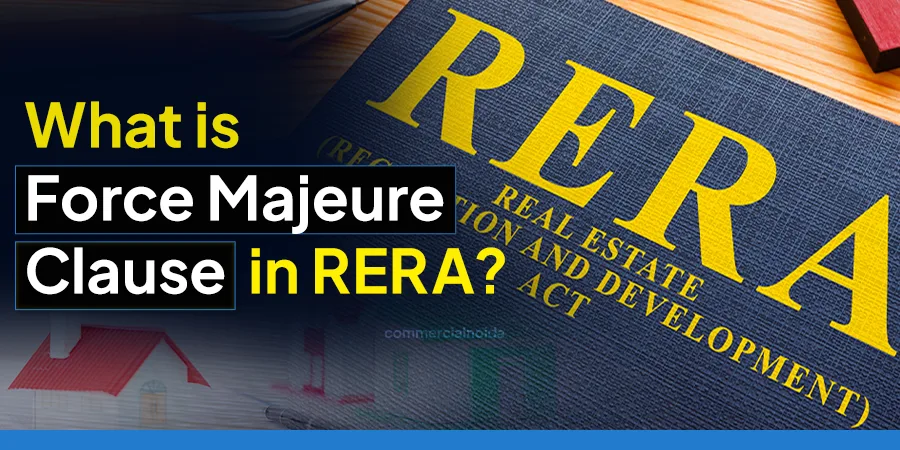




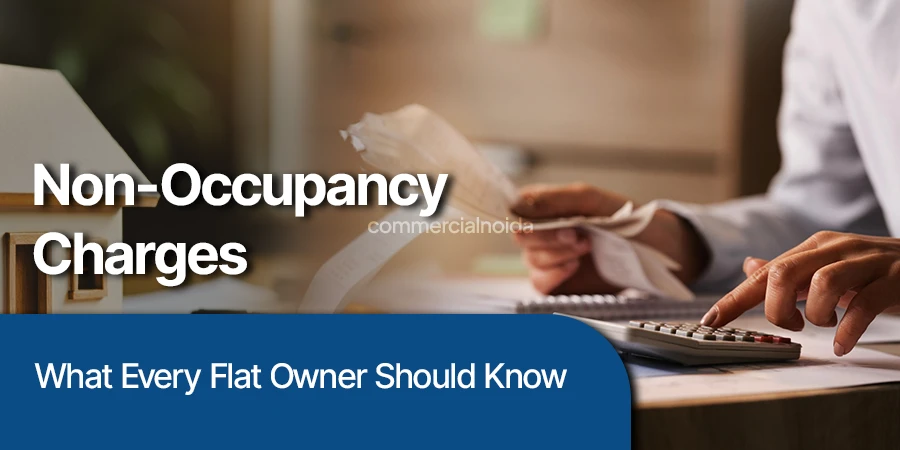
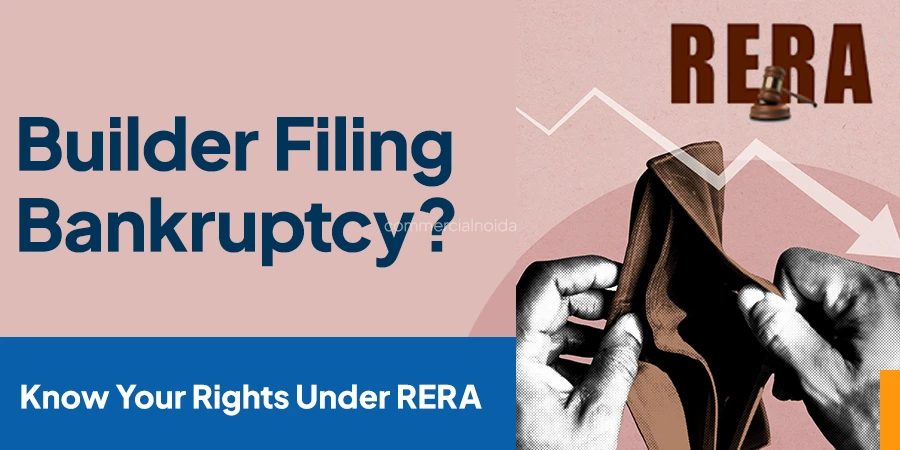




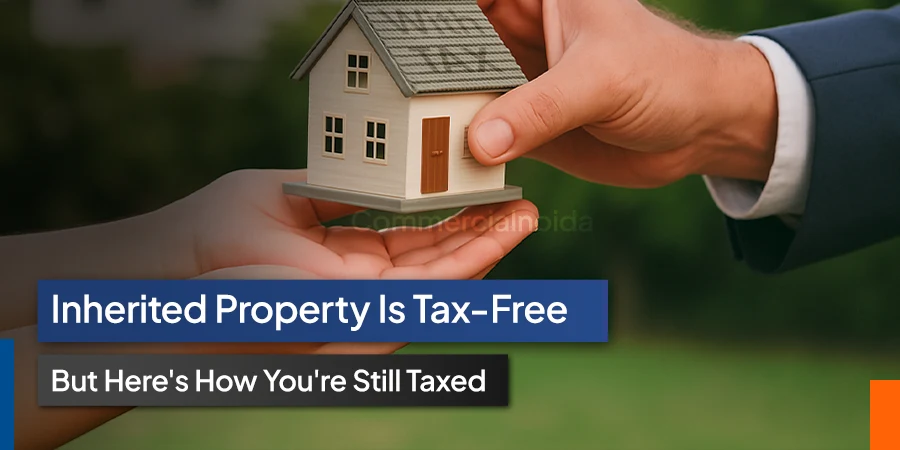

























































































































.webp)

































































































.webp)
















































































.webp)
































































































